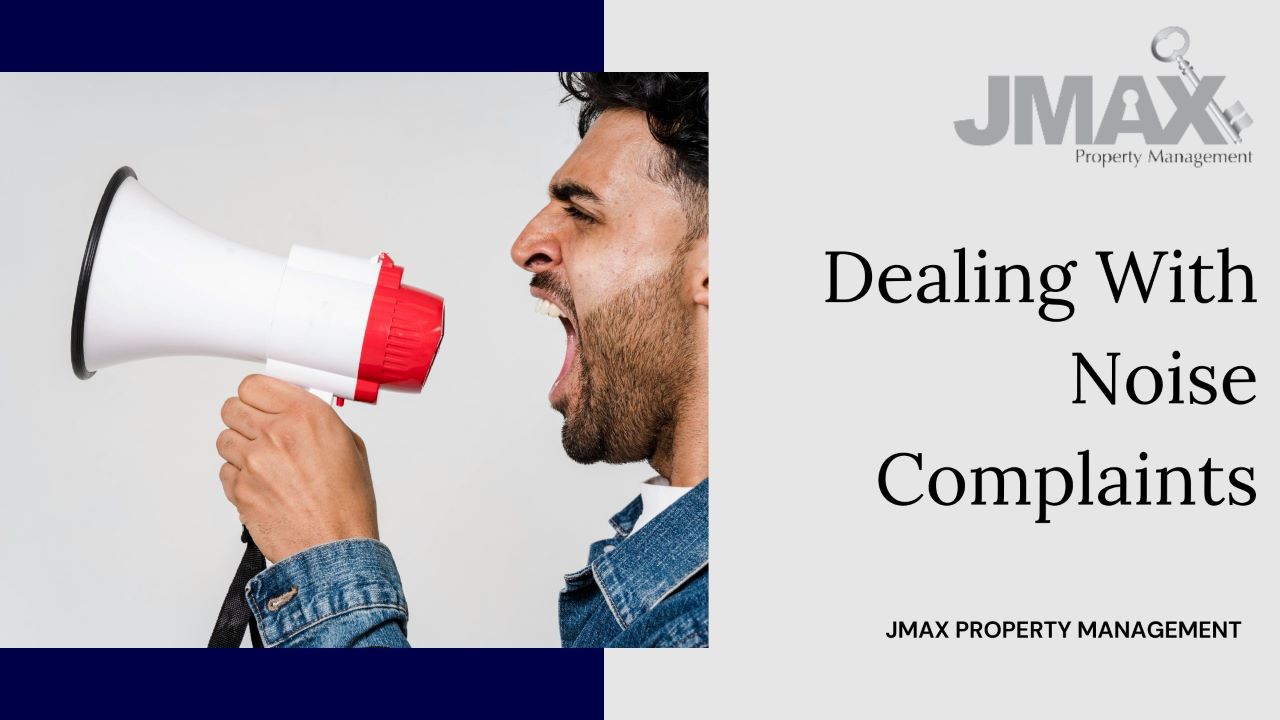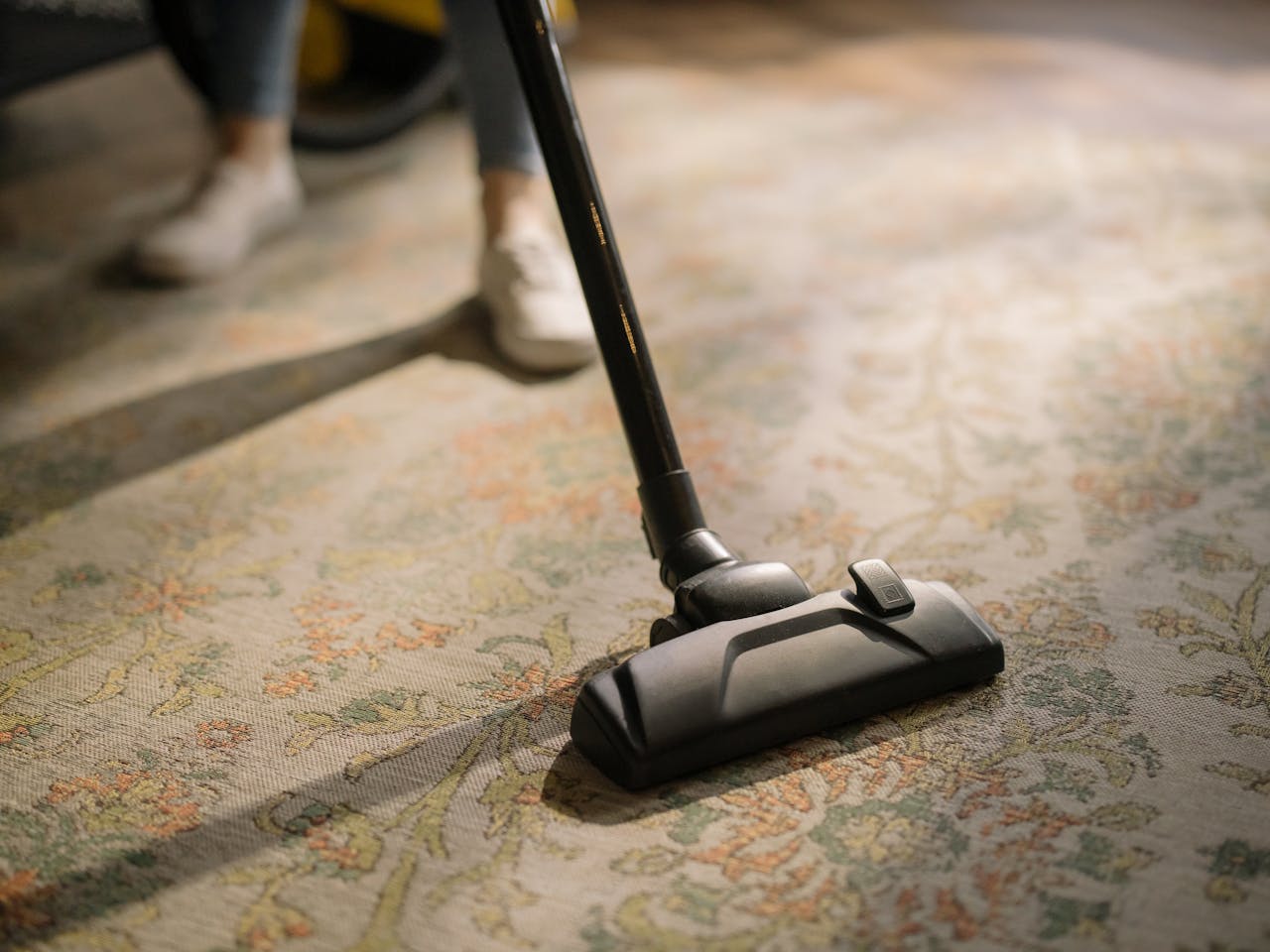
As a landlord, your area of responsibility is not only confined to renovating and maintaining your rental property. You may be on the receiving end of noise complaints, which is one of the most common issues when dealing with tenants.
If you want to reduce stress and conflict, you must learn how to handle noise complaints. Each tenant is granted quiet enjoyment of your rental space as should be implied in the lease agreement. Thus, you must ensure that this is honored and that you create an environment of minimal disturbance.
Addressing Noise Complaints
Here are the factors to consider when confronted with complaints of noise:
- The number of people complaining
- If you have first-hand experience of hearing the noise
- The frequency of the noise reports
- Official documentation of the noise
- If the noise can be categorized as a normal day-to-day activity, such as cooking, talking, or walking
Managing Noise Complaints
The listed steps below will guide you on how to deal with noise complaints:
1. Assess if the Complaint Is Legitimate
Noise can be a subjective matter, so you must determine whether there is ground for the complaint. You must take time to research what counts as noise in your area, identify what the noise is, and whether it borders on excessive. People can make noise while cleaning, cooking, or going about their lives, so it can be unreasonable to avoid all types of noise.

You need to first evaluate if a particular scenario happened. For instance, if a renter claimed that some tenants played rock music at full volume past midnight, you need to ask two essential questions: Did the incident really occur? How often has it happened?
If it has occurred, you can talk to the renters and notify them about the noise level policy in your lease. It is essential to review the situation first since it may turn out that the guilty party was not the person pinpointed by the complainant. You can also check with the other renters whether they were disturbed by the noise, too.
Some of the most common complaints are the following:
- Parties: Important occasions are regularly celebrated, so a bit of noise can be understandable as long as the parties don’t occur frequently and noise is reduced nearing midnight.
- Footsteps: Buildings with several stories can mean hearing the footsteps of the tenants above yours. This is nothing out of the ordinary, but if it leads to disturbance due to thudding sounds from jogging around, skipping, or doing physical fitness exercises, then it may be reasonable to focus on minimizing the noise.
- Dogs: Another source of noise can come from pets when your rental is pet-friendly. While barking can be expected, it can be bothersome if it is constant and continuous, since it can disturb people who are resting. You need to resolve this situation.
- Arguments: Noise can also emanate from constant fighting and heated exchanges. If you are confronted with this issue, you need to be direct with the loud renters to ensure that they are being mindful of their neighbors’ right to peace and quiet.

2. Finding Out the Complaint Is Valid
Once you have concluded your investigation and learned that the noise complaint was legitimate, you need to be proactive.
Ensure that the consequence matches the severity of the issue. For example, it might only be the first time the renters were reported for noise because a party they hosted got out of hand.
You can issue a warning instead of evicting your renter right away. If you notice that they often hold parties and ignore noise complaints, then you can make a final decision of evicting the renters. Keep in mind that this should be considered a last resort only.
3. Learning That the Complaint Is Not Valid
After conducting your independent assessment and discovering that the noise complaint is baseless, you need to inform the complainant that there is no evidence that the noise occurred.
Make sure to listen to the side of the complainant and remain empathetic instead of being dismissive of their noise concerns.
Ways to Minimize Noise Complaints
1. Make Sure to Include a Clause in Your Lease
You can reduce noise complaints by outlining the terms that renters must adhere to concerning disturbances in the rental agreement.
They should be mindful of their actions and learn the consequences if they break the conditions. You can set quiet hours to establish quiet time, such as reducing noise between 10pm to 7am on weekdays and 10pm to 9am on weekends.

You should also know how to define what excessive noise is, so everyone is on the same page. They can limit activities that can be labeled as too much noise. In addition, some cities and towns have begun to observe quiet hour regulations, so you also need to update yourself on these regulations.
Conduct a Proper Tenant Screening
An effective way to avoid renters that can be a source of too many complaints is to select the best type of renters. Create a criteria list to ensure a good match to what you are seeking when screening potential tenants.
Contact former landlords to find out a candidate’s tenant history. Knowing the type of person you are welcoming is crucial to avoid future stress.
Bottom Line
When a noise complaint is reported, you need to perform a thorough research to learn what really transpired. This is a great way to see whether the noise report was valid or not. You must then consider the gravity of the situation and make sure it aligns with the disciplinary action.
If you are looking for a trusted property management company, contact JMAX Property Management today! We’re equipped with the expertise and resources to help you in all aspects of property management.


